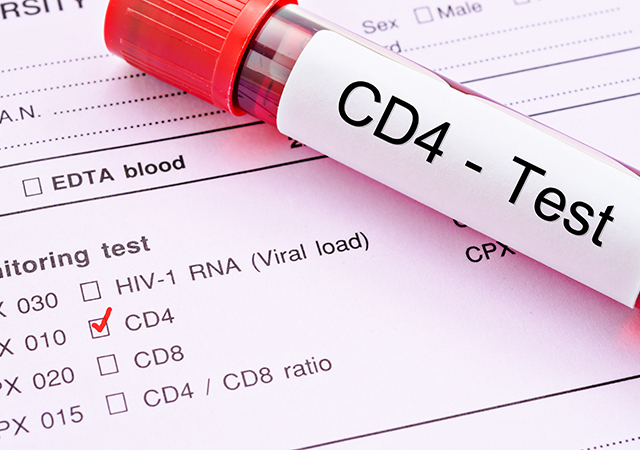When someone starts HIV treatment (called ART), regular checkups are very important. These visits help doctors and nurses make sure the treatment is working well, check for side effects, and support the patient to stay on track with their medicine.
You can ask your own question to a licensed healthcare provider here for free. It may take up to 7 days to get an answer. If you want a consultation in minutes, book now with Hope+ our premium and best health consultation service in Uganda.
Why ART Monitoring Matters
Monitoring helps in three big ways:
- It shows if the medicine is working or if the virus is becoming strong again
- It helps catch side effects early, before they get serious
- It helps track if the patient is taking their medicine the right way, every day
The ART Monitoring Calendar
In the first year of treatment, the patient will have scheduled checkups:
- After 1 month
- After 2 months
- After 3 months
- After 6 months
- After 9 months
- After 12 months
After the first year, the checkup plan changes depending on how stable the patient is. This is called the Differentiated Model of Care. It means:
- Patients who are doing well come for fewer visits and get quick drug pickups
- More time and care are given to those who are not doing well or have complications
- This helps reduce long queues and makes the clinic experience better for everyone
Types of Monitoring
There are two main types of monitoring for people on ART:
1. Clinical Monitoring
This is what the health worker looks at or asks about during your visit:
- Any signs of other infections or STIs
- If you are pregnant or want family planning
- Any other illnesses like depression or malnutrition
- Your weight and general nutrition
- Whether you have shared your HIV status with trusted people
For children and teenagers, the health worker also checks:
- Growth and development
- School attendance and behaviour
- Sexual awareness and counselling where needed
2. Laboratory Monitoring
Lab tests help check what is happening inside your body. The main test is the viral load.
Viral Load Test
This test measures how much HIV is in the blood. It is the best way to know if treatment is working.
- The first test is done after 6 months of starting ART
- For adults: once a year if the virus is under control (less than 1000 copies/ml)
- For children and teens under 19: every 6 months if the virus is controlled
- For pregnant women: at the first antenatal visit
If the viral load is high, the health worker will give the patient extra counselling for three months. Then they will repeat the test. If the viral load stays high, the patient might need to change to second-line treatment.
CD4 Count
This is another test done at the beginning of treatment to check how strong the immune system is. It is also done:
- If someone is in clinical stage 3 or 4 of HIV
- If someone is on long-term treatment to prevent fungal infections like cryptococcosis
Other Tests
These are done only when the doctor or nurse sees something that needs special checking, like kidney or liver problems.
What If the Treatment Is Not Working?
If the viral load stays high after counselling, the patient is said to have treatment failure. The next steps are:
- Prepare to switch to second-line ART
- If second-line fails, the health team may do resistance testing before starting third-line medicine
- Continue close follow-up and adherence counselling
In Summary
Monitoring ART is not just about taking blood tests. It is a full package of care that helps patients live healthy, long lives. If you are on HIV treatment or supporting someone who is, make sure they attend their scheduled visits and talk openly with their health worker.
Regular monitoring saves lives. Stay on track, stay healthy.


